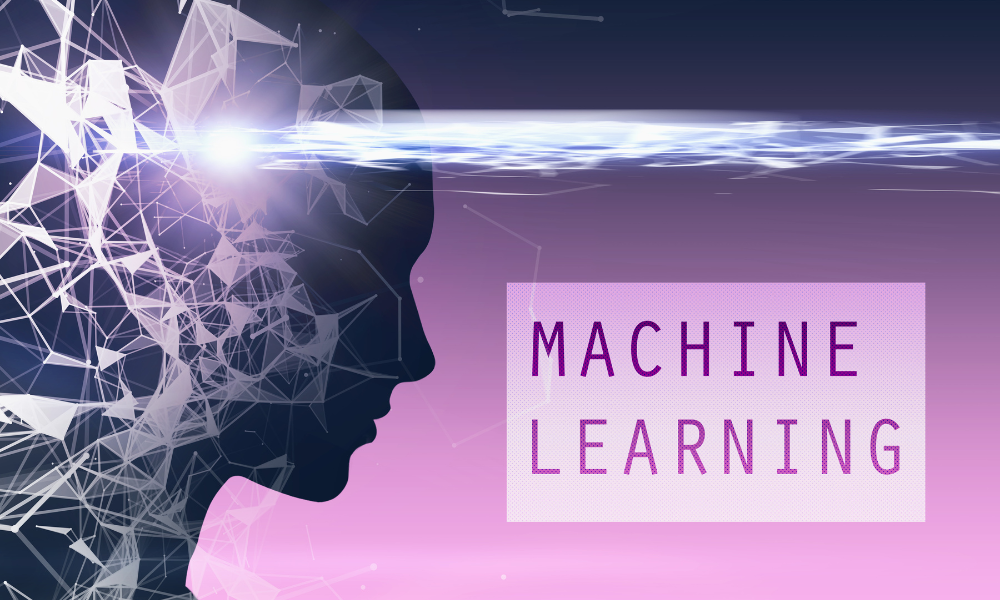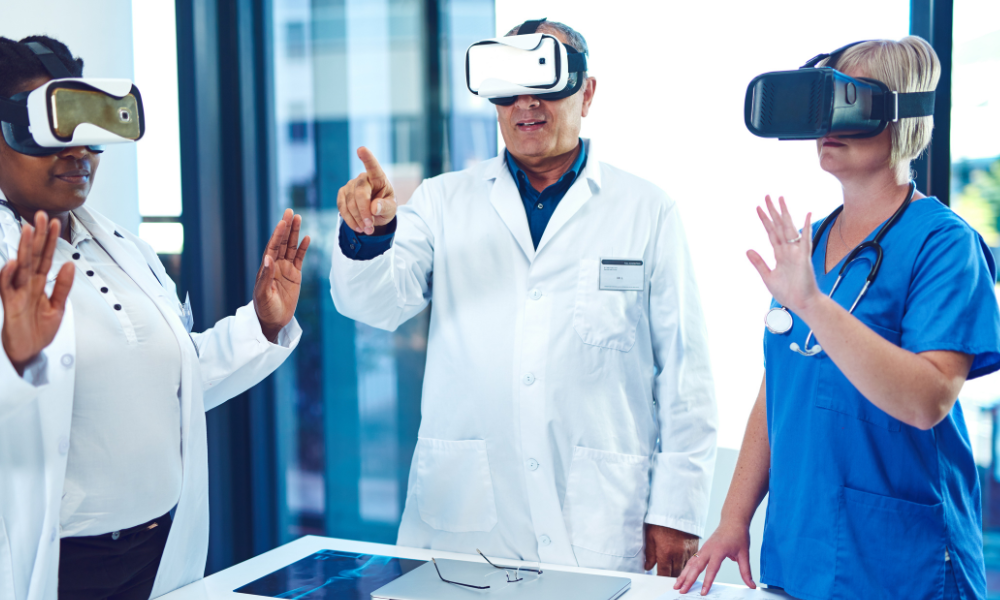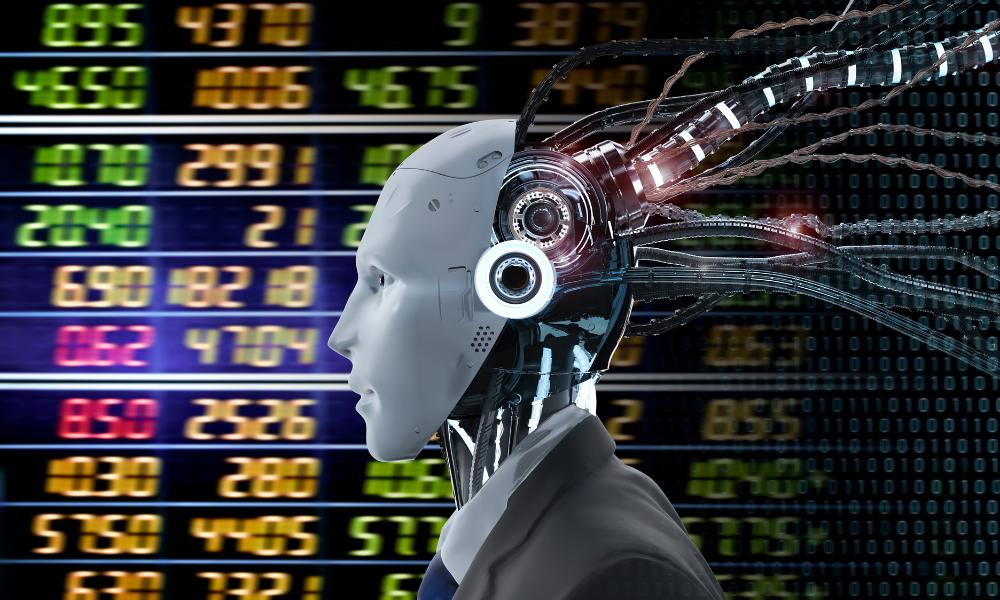In recent years, the intersection of artificial intelligence (AI) and healthcare has ushered in a new era of innovation, promising to revolutionize patient care in ways previously unimaginable. From enhancing diagnostic accuracy to personalizing treatment plans, AI is reshaping the healthcare landscape, offering unprecedented opportunities to improve outcomes and enhance the patient experience.
Diagnostic Precision
One of the most significant contributions of AI in healthcare lies in its ability to enhance diagnostic precision. Advanced machine learning algorithms can analyze vast amounts of medical data, including images, lab results, and patient histories, to identify patterns and anomalies with remarkable accuracy. For instance, AI-powered image analysis systems can assist radiologists in detecting abnormalities in medical scans such as MRIs, CT scans, and X-rays, enabling earlier detection of diseases like cancer, cardiovascular conditions, and neurological disorders.
Personalized Treatment
Beyond diagnosis, AI is revolutionizing treatment by enabling personalized care plans tailored to individual patients' unique needs and characteristics. By analyzing vast datasets containing information on genetic profiles, medical histories, lifestyle factors, and treatment outcomes, AI algorithms can identify optimal treatment strategies and predict patient responses to different interventions. This personalized approach not only improves treatment efficacy but also minimizes adverse effects and reduces healthcare costs by avoiding unnecessary procedures and medications.
Remote Monitoring and Telemedicine
The rise of AI-powered remote monitoring technologies is transforming how patients receive care, particularly for those with chronic conditions or limited access to healthcare facilities. Wearable devices equipped with AI algorithms can continuously track vital signs, detect early signs of deterioration, and alert healthcare providers to intervene promptly. Furthermore, telemedicine platforms powered by AI enable virtual consultations, allowing patients to receive timely medical advice and support from the comfort of their homes, while also reducing the burden on healthcare systems.
Drug Discovery and Development
AI is also revolutionizing the drug discovery and development process, traditionally a time-consuming and resource-intensive endeavor. Machine learning algorithms can analyze vast chemical databases, predict the properties and interactions of potential drug compounds, and identify promising candidates for further testing. Additionally, AI-driven simulations can model the effects of drugs on biological systems, accelerating the identification of safe and effective treatments for various diseases. These advancements hold the promise of accelerating the pace of drug discovery and bringing novel therapies to market more rapidly.
Challenges and Ethical Considerations
While the potential benefits of AI in healthcare are vast, they are accompanied by several challenges and ethical considerations that must be addressed. One concern is the need to ensure the accuracy, reliability, and interpretability of AI algorithms, particularly in critical applications such as clinical diagnosis and treatment planning. Additionally, issues related to data privacy, security, and bias must be carefully managed to maintain patient trust and safeguard sensitive medical information. Furthermore, the integration of AI into healthcare workflows requires careful consideration of regulatory frameworks, professional guidelines, and liability issues to ensure patient safety and compliance with legal requirements.
In conclusion, AI is revolutionizing patient care by enhancing diagnostic precision, personalizing treatment, enabling remote monitoring and telemedicine, and accelerating drug discovery and development. These advancements hold the promise of improving healthcare outcomes, enhancing the patient experience, and reducing costs. However, realizing the full potential of AI in healthcare requires addressing challenges related to accuracy, reliability, data privacy, and regulatory compliance. By harnessing the power of AI responsibly and ethically, we can unlock new possibilities for advancing the practice of medicine and improving the lives of patients worldwide.
Powered by: Oh! Puhleeez Branding Agency & NowUpskill











